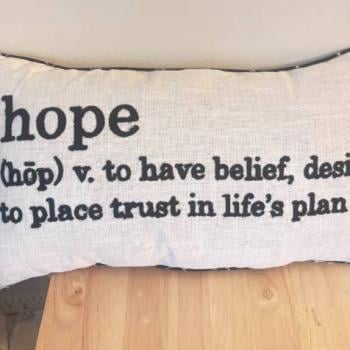Tomorrow America will engage in their narcissistic celebration of themselves, a spectacle of self-adulation often drowns out the quiet truths of our collective past, glossing over the struggles endured by those who came before, and the hopes left unrealized by countless souls beyond these borders. It is however, the silence that follows the fanfare that we must consider true freedom means—if it is merely the right to celebrate, or if it is the deeper capacity to recognize the inherent dignity of every person, to love beyond boundaries, and to let compassion guide us toward a more honest liberation.
What Does it Mean to Be Free?
Jesus as a Jewish man used a radical and unabashed approach to his interpretation of Jewish scriptures and was not shy when it came to calling out the religious elite both overtly and covertly. In some of my lectio this week, I have been running across several accounts how religious life in Jesus’ time crossed social barriers. In one story, Jesus is confronted with Nicodemus, religious elite. Here, Jesus helps him understand what it means to belong. In another famous story, he is talking to woman at well, a person he should not be talking to and here too, he offers advice about belonging. For Jesus it appears, there are no social, geographical, religious or sexual boundaries, all have the opportunity to belong.
When we consider Jesus’ invitation to freedom, to belong to his kindom, this invitation to freedom is not simply a matter of dissolving boundaries in theory—it is an ongoing, often uncomfortable practice of releasing those inner chains that bind us to fear, judgment, or the need for control. Considering true freedom, then, asks us to examine the ways we clutch at certainty and separateness, urging us to open ourselves to the mystery of the other, even when it disrupts our sense of order.
Freedom Starts with Non-Attachment
For all our intelligence, humans really are dull animals. Our anxieties and fears cause us to cling to order and we form battle lines around these fears, causing all sorts of societal problems.
Yet freedom, as elusive as it is essential, asks that we risk loosening our grasp on the illusions of self and tribe, allowing ourselves to be remade through vulnerability and openness. When we choose, even in small moments, to let compassion interrupt our patterns of defensiveness, we create space for transformation—not just within ourselves, but in the world we inhabit together. In this practice of non-attachment, we begin to notice the subtle threads that bind us all, threads woven not of sameness but of shared longing and the hope for transcendence beyond division. By surrendering to this current of love, we find that freedom is not an escape, but an embrace—a willingness to belong to one another in our difference, to let our hearts break open so that what is truest in us can rise and meet the truest in others.
In Closing
When we love, when we see the Christ presence in all, we can soften or even eradicate our predjudices. We become free from the anxieties around our differences, and we see that we are truly one in Jesus.
Christian love, rooted in the notion of the universal love of Christ carries an ethical and moral responsibility to recognize the idea that Christ is present in everyone and everything, emphasizing a universal connection to God through creation. In my lectio yesterday, I was exploring several passages from the bible that emphasized the invisibility of the barriers that we create when we belong to Christ’s kindom. Truly, there are no divisions for those who yearn to belong.
Freedom is more than declaring that we are better than someone else because we conquered their lands, had a stronger military force than the other group of people, that because of the color of our skin, our age and our sex, we have enacted laws, legislation and financial barriers that have allowed us to make more money than others.
True freedom comes when we unlearn and unshackle ourselves from the hierarchies and prejudices that have calcified within us, keeping us stuck to “the way things always have been”. True freedom comes when we lay aside our armor of privilege and step into the vulnerability of true humanity.
We become free when embrace a willingness to listen to voices long silenced, to lift up the stories that complicate our own comfort, and to let our compassion be the bridge over every canyon of difference. As we move beyond the loud contests of superiority, we may find that grace dwells in the humility of encounter, and that our greatest strength is not in self-glorification, but in the gentle, persistent choice to love—especially when it costs us certainty, or calls us to re imagine belonging altogether.












